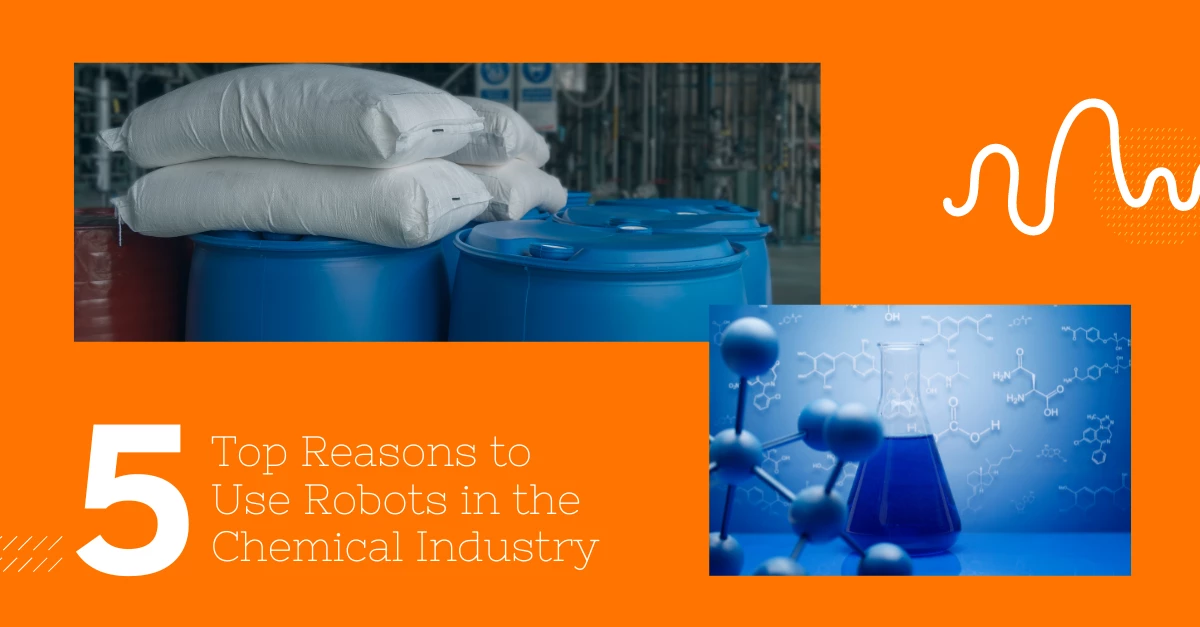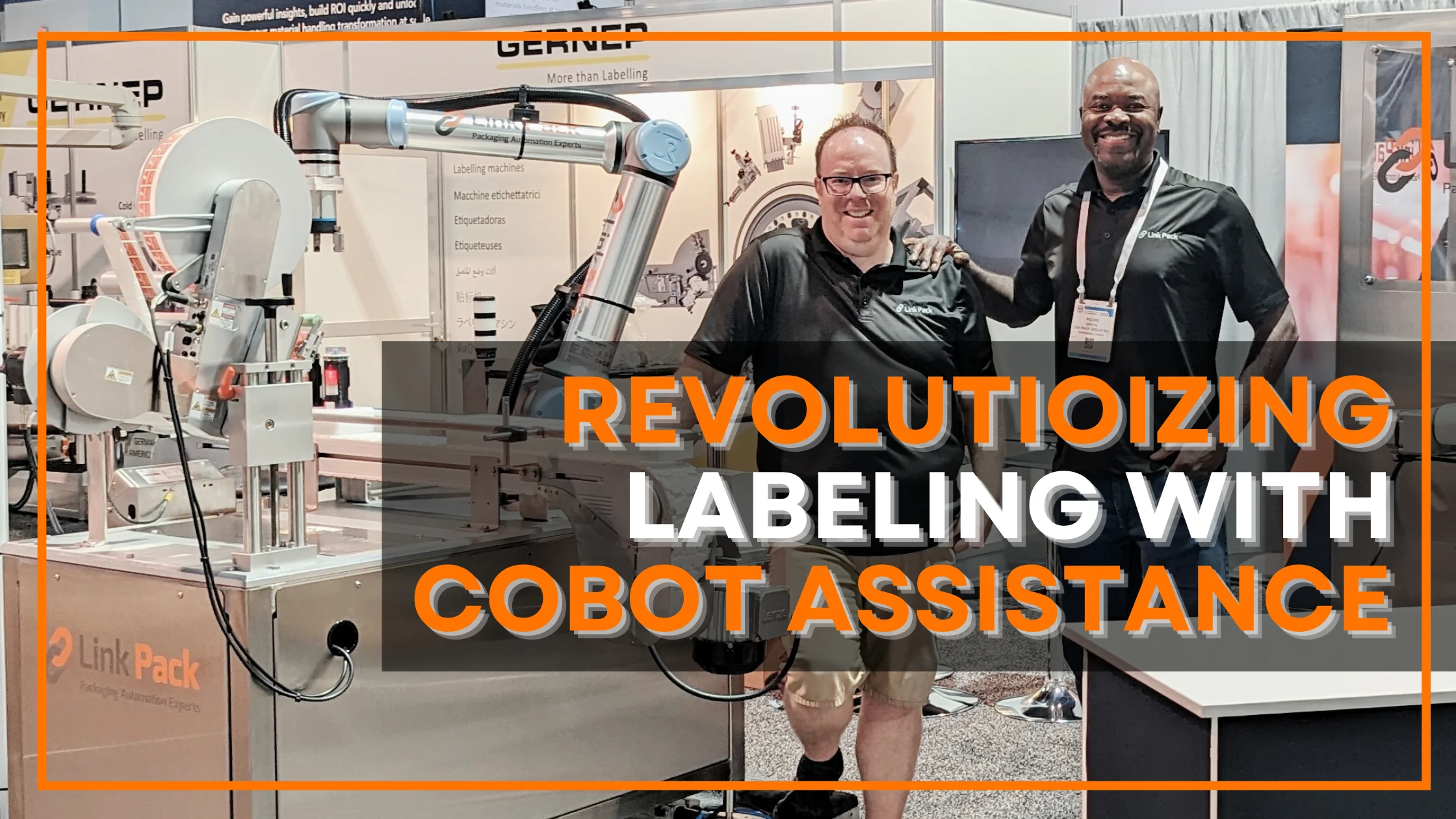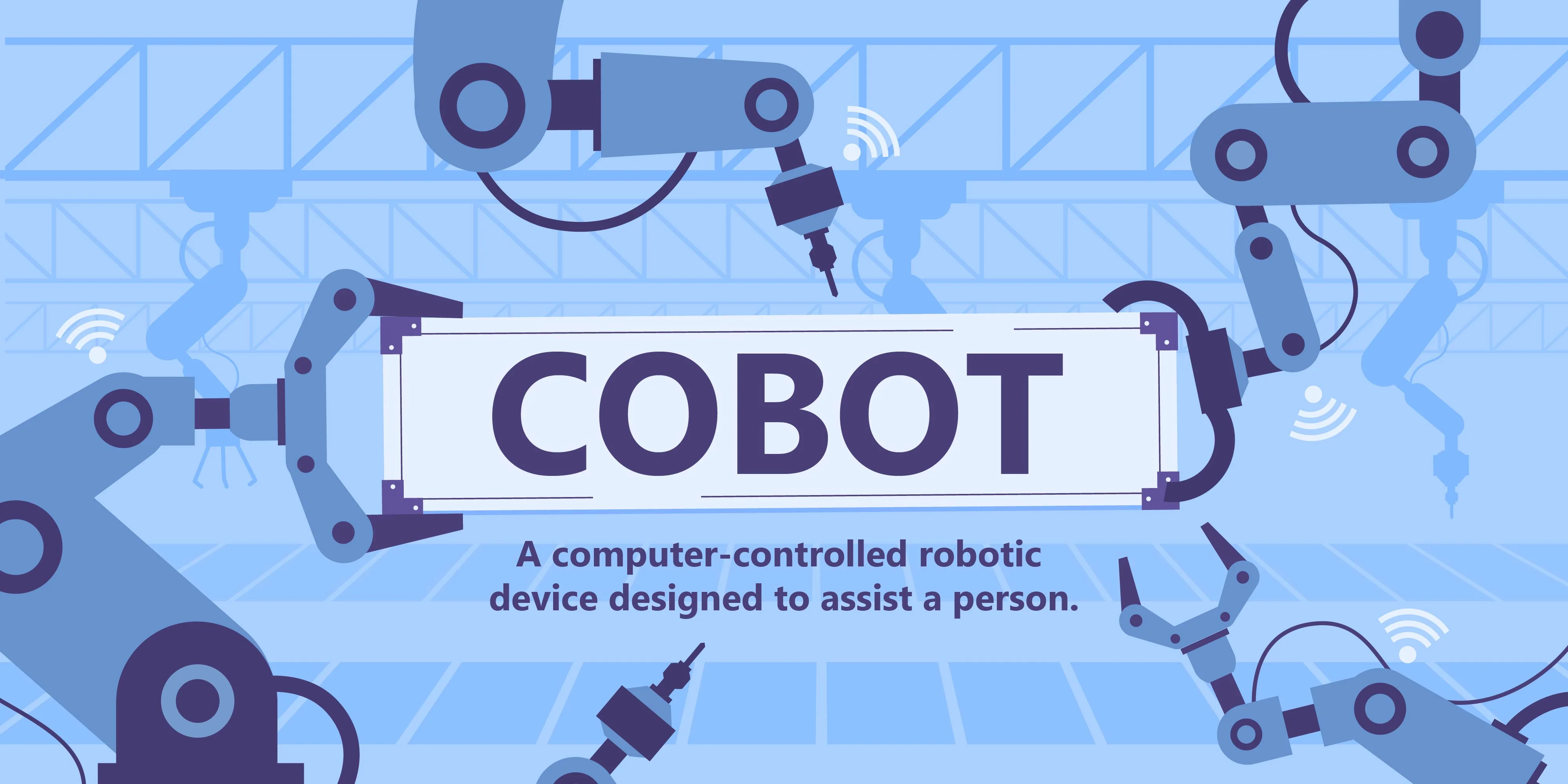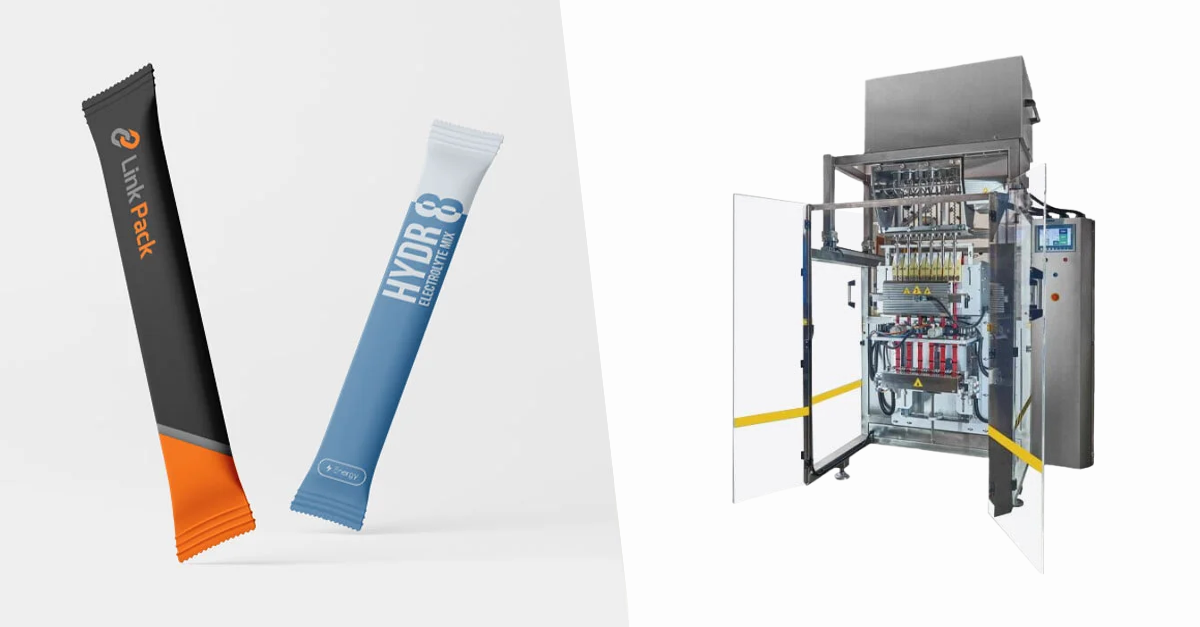
Top 5 Reasons to use Robots in the Chemical Industry
The Effects of Robots on Chemical Plant Workers
The ultimate objective for chemical plants should be to supplement their employees’ work with robot helpers (cobots), making their jobs less physically demanding and more enjoyable. The immediate impact of happier employees is less turnover, a more skilled and engaged workforce, and heightened competitiveness in the market.
Robots are incredibly effective in various settings like industrial laboratories performing highly repetitive actions requiring steady focus like mixing, heating, filtering & weighing acids or toxic ingredients. They are excellent for highly repetitive and dull manufacturing tasks like picking & packing, testing, and inspecting. What’s more, they are a practical way to reduce bottlenecks and other annoyances which cause employee dissatisfaction.
The Added Advantage to Robots in the Chemical Industry
Robots equip us with many advantages useful for the complexities of the chemical industry. They perform tasks in any environment with substances that have historically harmed or killed humans. Complementing the workforce with robots to handle hazardous chemicals reduces the liability that chemical companies face and promotes faster, more exact processing methods, which help keep their chemical products competitive.
More than ever, chemical industries are increasing their agility by leveraging robot applications in their production line for product assembly, handling, packaging, and palletizing, to name a few. These robotized tasks provide better production quality, accuracy, and speed than human workers could.
Providing these throughput improvements results in a greater magnitude of products and reduced waste, providing companies with quick ROI and more profits in the long run.
Robotic Fill & Seal Bagger
An exciting asset for industries requiring minimal contact between operators and products.
5 Best Reasons to Use Robots in the Chemical Fields
- Handle Toxic Materials
Health and safety risks and injuries reduced drastically. Robots can be equipped with protection for corrosive materials. - Handle Haz Mat Operations
Explosive-proof robots can work in areas with flammable vapors, and Nuclear Material Robots can work with radioactive materials and even biological hazards - Cleanroom Working
Cleanrooms require work zones that must remain free of contaminants. Robots eliminate the potential for contaminants. - Cleaner and Safer Environments
Robots move more materials more precisely, reducing the dust and pollutants dispersed and work-related accidents. - Elevate Precision
Chemical products require the utmost accuracy to dispense, mix and handle a variety of chemical compounds to achieve desired results.
Steps to Automate your Chemical Manufacturing Facility
Implementing robotics into your chemical plant must be well-planned and target processes that are error-prone, time-consuming, dangerous, or all. It is essential to consider that integration of new technologies will most likely affect the facility’s ongoing day-to-day operations for extended periods.
Every significant investment in infrastructure needs to be budgeted, and it is essential. However, extensive research needs to be part of this phase as well. Better to understand your requirements and budget to line them up with different offers and prices and get as close as possible to the desired outcome. Every technology has costs associated upfront & throughout its lifetime.
Resistance to learning new methods or the fear that robots or machines may take over jobs is common in any workforce, but this is a common misconception that is not entirely accurate. In fact, Robots have moved employees to better, more challenging positions or new programming jobs. No job that needs human logic can yet be accomplished by robots alone – so any task producing “what if” or “then what” situations require programming and human intervention.
Getting employee buy-in is paramount to successfully implementing any automated upgrades. Promoting the benefits to workers and easing fears will go a long way in helping them enjoy the shift rather than fear it.
Cobot-Assisted Precision: Link Pack’s Breakthrough Prototype
Introducing a groundbreaking cobot-assisted labeling prototype, bridging gaps in precision...
Cobots, Our Compelling Manufacturing Allies
Cobots or Collaborative Robots are designed to work in common spaces, in close range with ...
Stick Pack Machines – Process & Operation
Discover how Stick Pack Machinery operates and enhances your production process. This inno...





